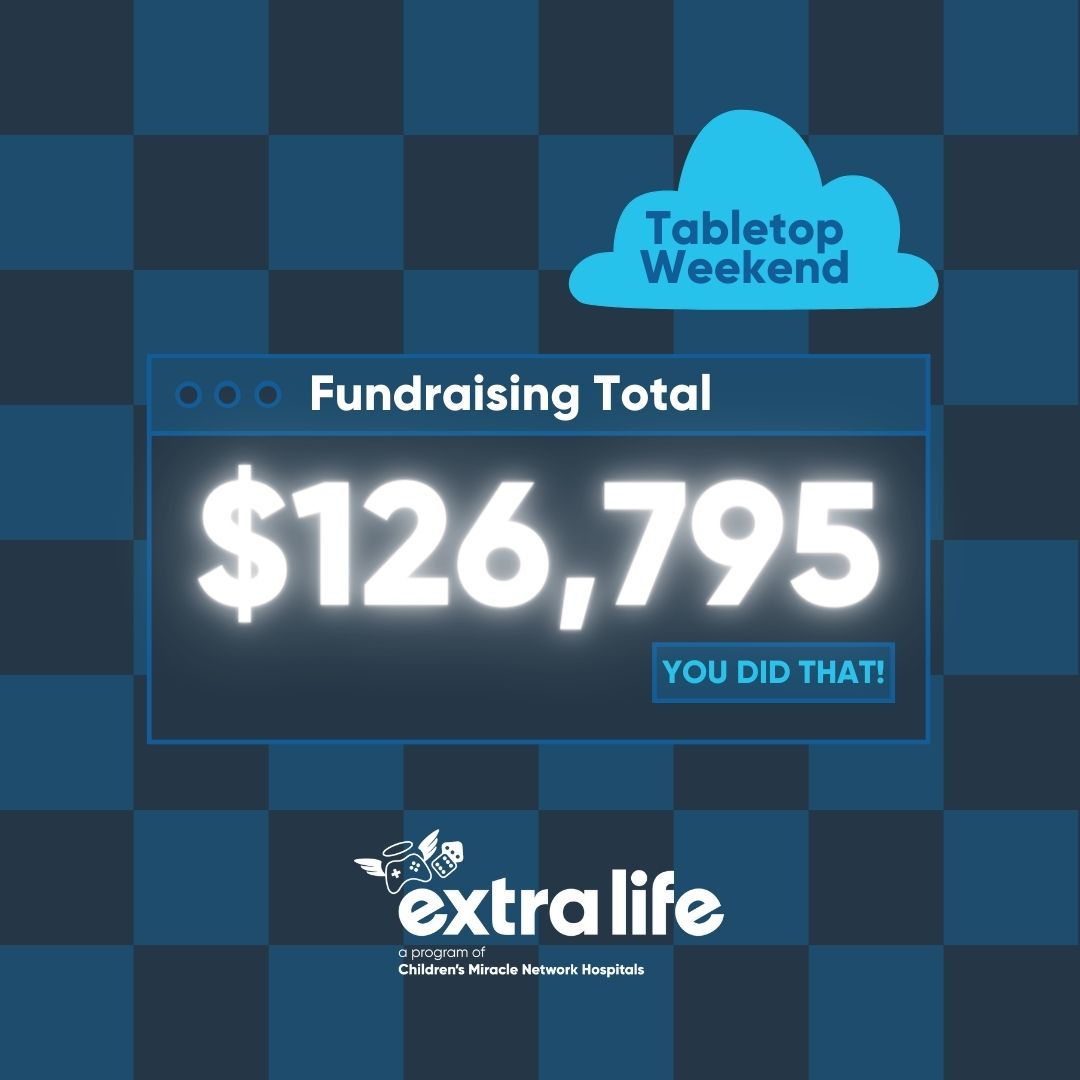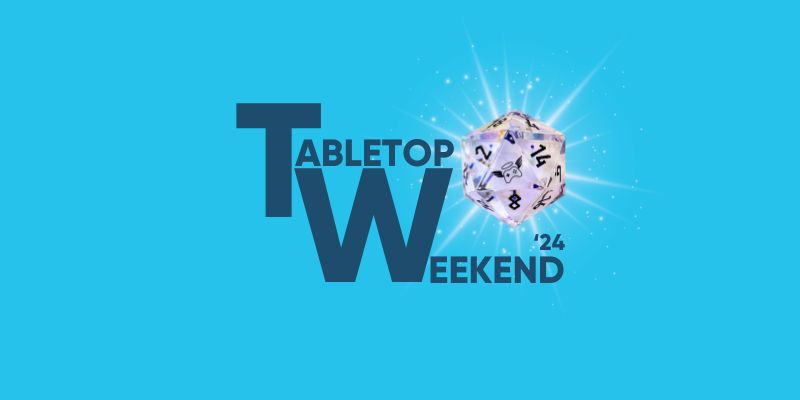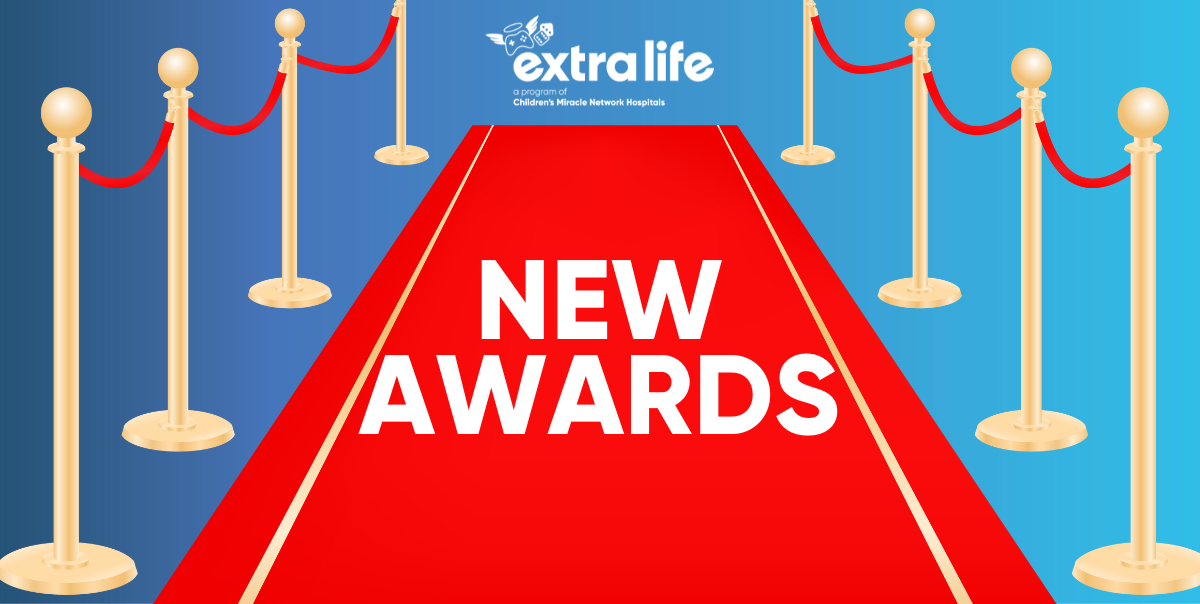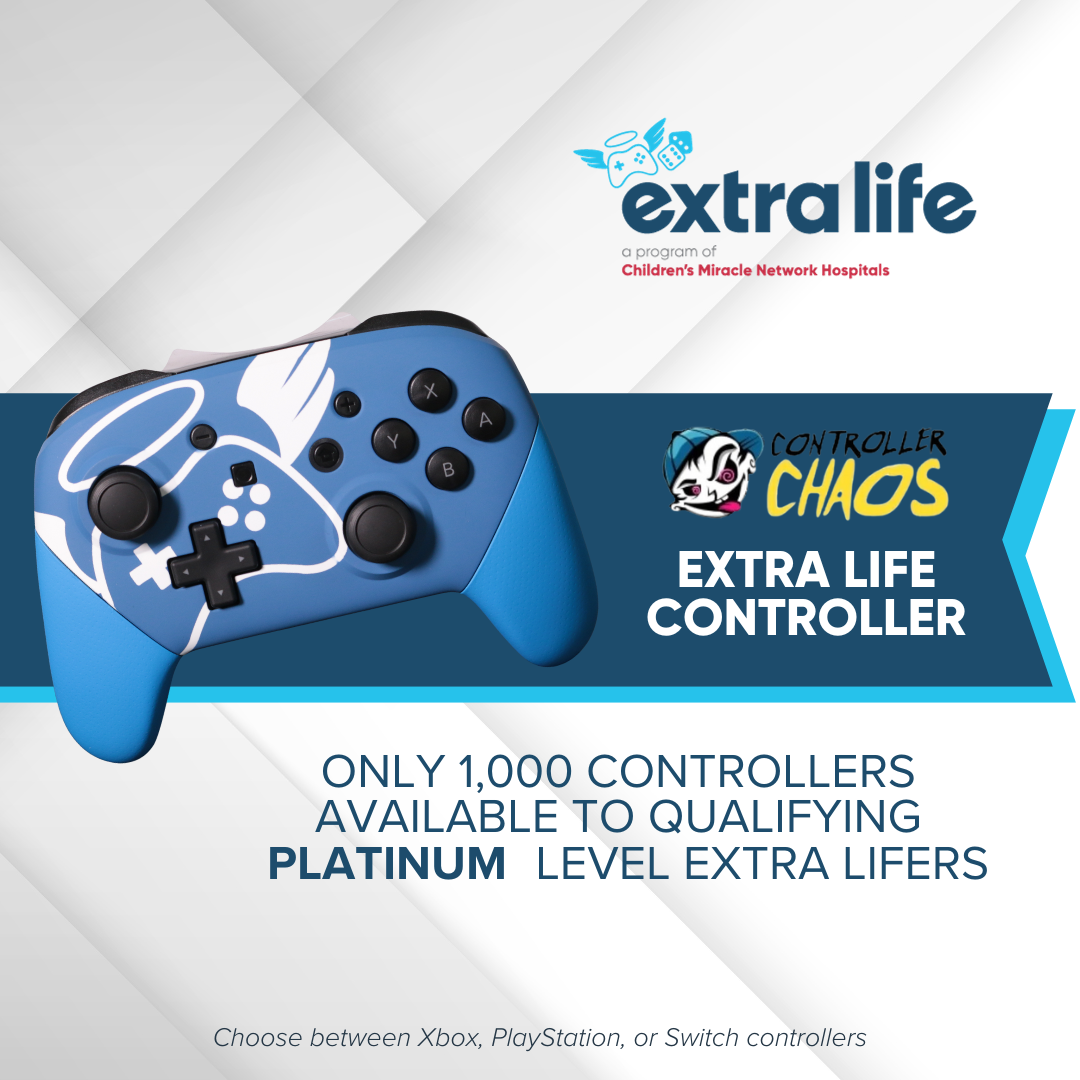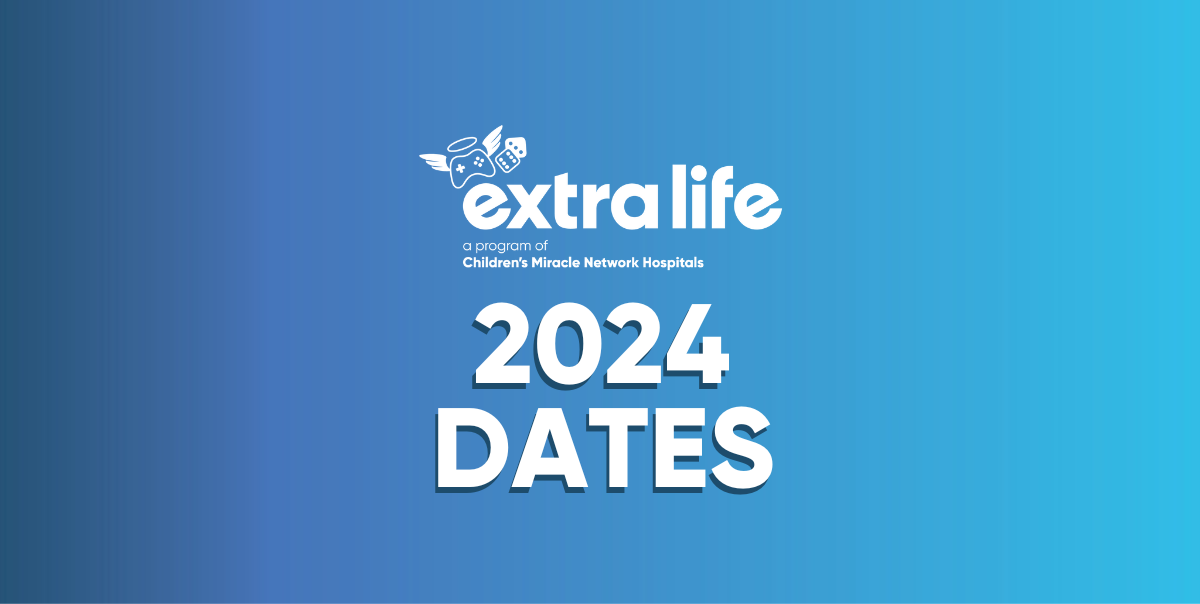Three LGBTQ Innovators Who Shaped Modern Video Games
LGBTQ (Lesbian, Gay, Bisexual, Transgender, and Queer) Pride Month is celebrated in June to commemorate the 1969 Stonewall riots in Manhattan. Children’s Miracle Network Hospitals raises funds to ensure all kids receive the best care. During Pride Month we are celebrating the efforts of those who help kids and families in the LGBTQ community have the care they need when they need it most.
Gaming has long been shaped by LGBTQ creators. Without gay, lesbian, bi, pan, non-binary, or transgender developers, gaming would look very different. We wouldn’t have beloved indie classics, modern blockbuster RPGs, or even juggernauts like World of Warcraft or The Sims. For Pride Month 2020, we at Extra Life want to honor a handful of the LGBTQ developers who made significant contributions to gaming throughout the medium’s history.
Danielle Bunten Berry
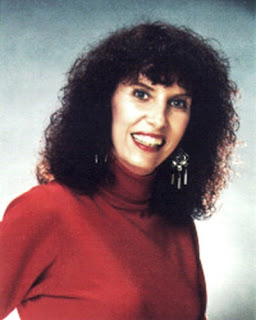
One of the most high profile transgender women in early video game history, Danielle Berry created games that have had long-lasting influence on games, especially intricate management and simulation games.
She is perhaps best known for her work on M.U.L.E., a multiplayer game for the Atari 400 and early personal computers that pitted four players against one another to create the most prosperous or survivable space colony. With a multitude of options and strategies, M.U.L.E. would remain firmly on lists of the best games of all-time for decades after its 1983 launch. Legendary developers like Nintendo’s Shigeru Miyamoto, The Sims creator Will Wright acknowledging Berry’s influence over their creations. She has been hailed as one of the most brilliant designers to have ever been in the game industry. Berry pioneered multiplayer games in directions no one else had considered before, laying the groundwork for modern MMOs. In 1998, two months before she passed away from lung cancer, the Computer Game Developers Association presented Danielle Berry their Lifetime Achievement Award. Berry would go on to be inducted into the Academy of Interactive Arts & Sciences Hall of Fame in 2007, almost 10 years after her death.
It is a pleasure to play Danielle Bunten Berry’s 1983 game, MULE, on the Commodore 64 at @museumofplay. After playing Bunten’s games on Apple II and the Atari 800, I have to say I love the C64 the most for its screen contrast, hardware, and sound. The pic doesn’t do it justice. pic.twitter.com/X7sFa24Oy6
— Whitney (Whit) Pow (@whitneypow) July 19, 2019
Matt Thorson
One of the only hits on the ill-fated Ouya micro console was TowerFall, a competitive game in the vein of Super Smash Bros. and Street Fighter that pit four players against one another armed only with arrows. The game eventually made its way to practically every other system with more single and multiplayer content under the title TowerFall: Ascension, cementing its place as one of the most wildly popular indie games of 2014. Matt Thorson launched into creating a follow-up right away, crafting a game about scaling a mountain. That concept grew into the indie sensation Celeste, which sold over half a million copies in 2018 and earned recognition as one of the best games of the entire decade. Through the development of both games, Thorson struggled with their gender identity and publicly came out as non-binary in 2019. This makes Thorson one of the most prominent non-binary game creators of all-time.
It’s #InternationalNonBinaryDay! I’m going to use this opportunity to say… Hi, I’m non-binary 🙂
I still struggle with shame sometimes, but when I’m comfortable being myself it’s wonderful ? ✨
— Maddy ?️⚧️ ?️? (@MattThorson) July 15, 2019
David Gaider
If you loved fantasy RPGs from the last 20+ years, chances are good that at least one of the games you adored was written by David Gaider. Gaider and his team at BioWare wrote beloved classics like Baldur’s Gate II, Star Wars: Knights of the Old Republic, and the entire Dragon Age franchise. Gaider himself wrote three additional novels and three comic books expanding the Dragon Age universe.
We talk to Dragon Age creator David Gaider about the importance of gay character Dorian http://t.co/Emzh5xkS8p pic.twitter.com/wXgd3B6NsY
— IGN (@IGN) July 9, 2015
Gaider lives as an openly gay man, though he rarely talks about that aspect of his life. In a piece he wrote in 2014 for Polygon, he responded to an anonymous fan question:
“I pondered just how I should answer this question, or whether I should at all. Talking about myself as a gay man, and how that relates to my work, isn’t something I tend to do. I think it raises the specter of ‘the gay thing’ if I talk about it too much, as if it were the only thing with which I’m concerned. […] To the person who sent this question: thank you for letting me know how affecting it was for you to have a game where you could be yourself. We make roleplaying games, which means that the character you play doesn’t have to be yourself, but I believe there’s an element where having a game acknowledge that you exist can be validating in a way most people never consider — no doubt because they have no need for validation, and thus no knowledge as to what the lack of it can do to someone.”
Children’s Miracle Network Hospitals are a safe place for LGBTQ youth to find healing from whatever medical issue they are facing. Check out this recap of our hospitals who earned HRC’s highest honor for LGBTQ equality in 2019. Join Extra Life in celebrating Pride in June (and year-round). Check out our Pride stream overlays to plan your Pride-themed stream today.
We know that the challenges of recent months may be taking a toll on the mental health of our community. Mental wellness is something we hope everyone can access. Here are some resources if you need them from our friends a TakeThis.org.
Don’t forget to sign up for Extra Life to help sick and injured kids in hospitals around the US and Canada by playing games!


